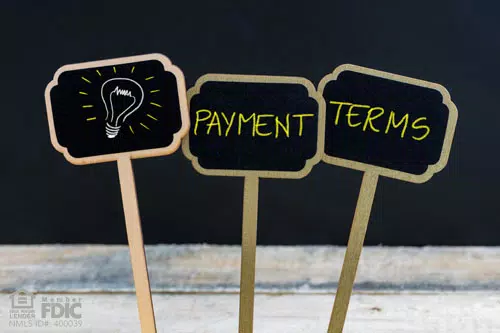Mortgage payments are probably your most expensive monthly expense. When you reduce the the interest rate, you reduce your monthly mortgage payment amount and save thousands of dollars in interest over the life of the loan.
Here are some ways that could potentially help reduce the interest rate on your home loan:
Keep Your Credit Score High
The two most significant factors affecting your credit score are your payment history and keeping your credit utilization under 20%. Maintaining a great credit score shows lenders you are creditworthy and would be a good candidate for a lower interest rate. You can check your credit history for free by going to www.annualcreditreport.com and requesting a copy. A free copy is available annually through one of the three credit bureau reporting agencies. Any errors should be immediately reported to the credit bureau agency.
Shop Around with Lenders
The Internet makes it easy to research different lenders when looking for a lower interest rate on a home loan. Visit different lender websites or sites that allow you to compare multiple mortgage rates and fees side by side.
Compare multiple lenders for the right mix of potential options. The fees on a home loan vary by lender, so review all those costs carefully when deciding.
Call Your Existing Financial Institution
Now that you have an idea of what competitors are offering, it's time to call your bank. Financial institutions want to lend money to credit-worthy people. The worst that can happen when asking your bank for a lower interest rate is that they'll say no. Then, you can move on to other lenders you've identified with a competitive offer.
Increase the Money You Put Down on a Home
Depending on the purchase price of your home, you might consider putting down more money to get your lender to give you a lower rate. Jumbo loans, which are home loans for amounts that exceed the limits set by the Federal Housing Finance Agency (FHFA), tend to be riskier loans for lenders. Conversely, a small home loan for $100,000 or less could cause lenders to charge a higher interest rate to make a profit. Finding the right balance could get you a favorable interest rate.
Shorten the Term of the Loan
Lenders consider loans with shorter terms less risky, so they incentivize those who repay their loan faster. In return for the shorter term, you’ll get a lower interest rate and pay thousands of dollars less. Interest rates on shorter-term home loans can be reduced by 1% or more than those on longer-term loans.
Switch to an adjustable rate
If you currently have a fixed-rate mortgage, consider switching to an adjustable-rate mortgage to lower the interest rate. Adjustable-rate mortgages have lower interests for a few years and then adjust to market conditions after that timeframe.
Remember that after the lower interest rate period, your interest rates could sharply increase if interest rates rise. Consider if you can pay off the home loan while the interest rate is lower. Or if you're looking at selling your home before that, switching to an adjustable-rate mortgage might make sense.
Refinance Your Existing Home Loan
If you bought your home when interest rates were high, it might be time to refinance your existing mortgage. You'll want to shop at different lenders for the best rates. If you're considering this option, remember that fees are associated with refinancing. In some situations, the cost of the fees isn’t worth the interest savings you'd get in return.
If you're ready to reduce your home loan's interest rate, call us at 855-465-0753. Our home loan experts at NASB can help find the best option for you.




